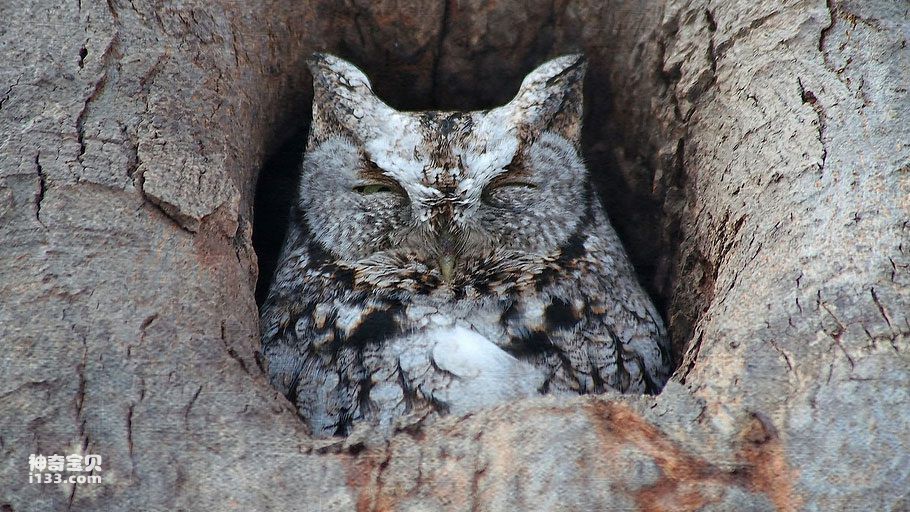Birds have their own unique sleeping habits and methods. They have flexible physiological adaptability and can enter sleep state in various ways under different environments. Here is a detailed introduction to bird sleep:

Sleeping on one side:
Unilateral sleep is a common sleep pattern in most birds, in which one brain hemisphere remains awake and the other goes to sleep. This allows the birds to remain alert while resting.
Eye position:
Birds usually have their eyes on either side of their heads, and this unilateral sleep allows them to stay alert at the same time.
Safe nest:
Birds often find a sense of security in their nests, where they will fall asleep to protect themselves and their young.
Sleeping standing up:
Some birds sleep standing up on branches or other high places, using one leg to support their body and the other leg crouched in their body feathers.
Buried in sleep:
Some waterfowl, like ducks, can bury their heads in their back feathers, using their body feathers to stay warm and reduce light interference.
Ambient temperature:
Birds often adjust their sleeping position according to the ambient temperature to maintain body temperature balance.
REM sleep:
Research shows that birds also experience rapid eye movement (REM) sleep, a type of deep sleep associated with dreams in humans.
sleeping time:
When and how birds sleep varies from species to species, with some birds needing longer, continuous periods of sleep while others can sleep in shorter bursts.
Overall, although birds have a variety of sleeping habits and patterns, they all adapt to their environment and ensure their own rest needs. These unique adaptations allow birds to survive and thrive in a variety of ecological environments. Sleep is also critical to a bird's physiological health and behavioral performance, helping them remain adaptable and alert.
animal tags: bird
We created this article in conjunction with AI technology, then made sure it was fact-checked and edited by a Animals Top editor.